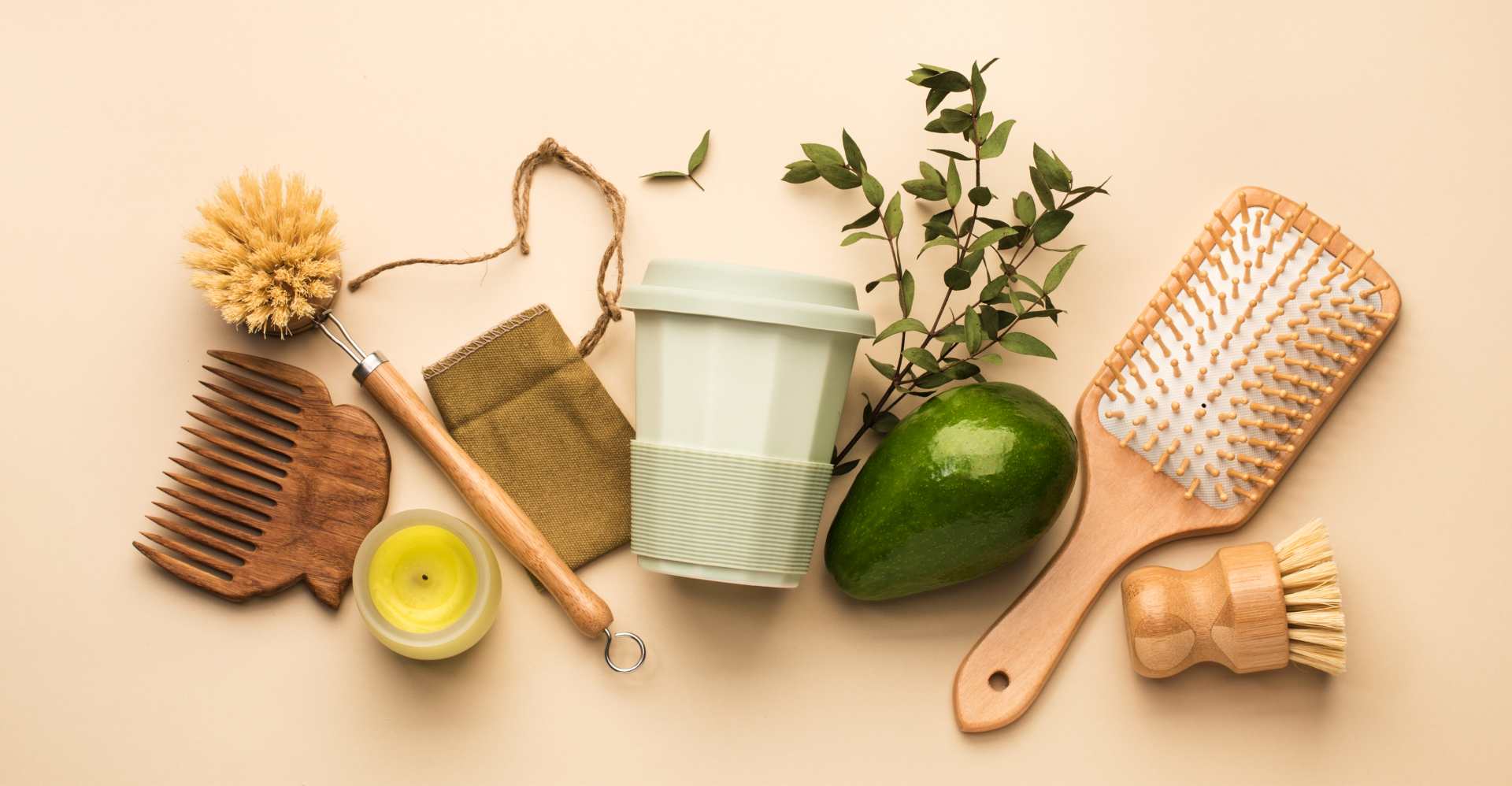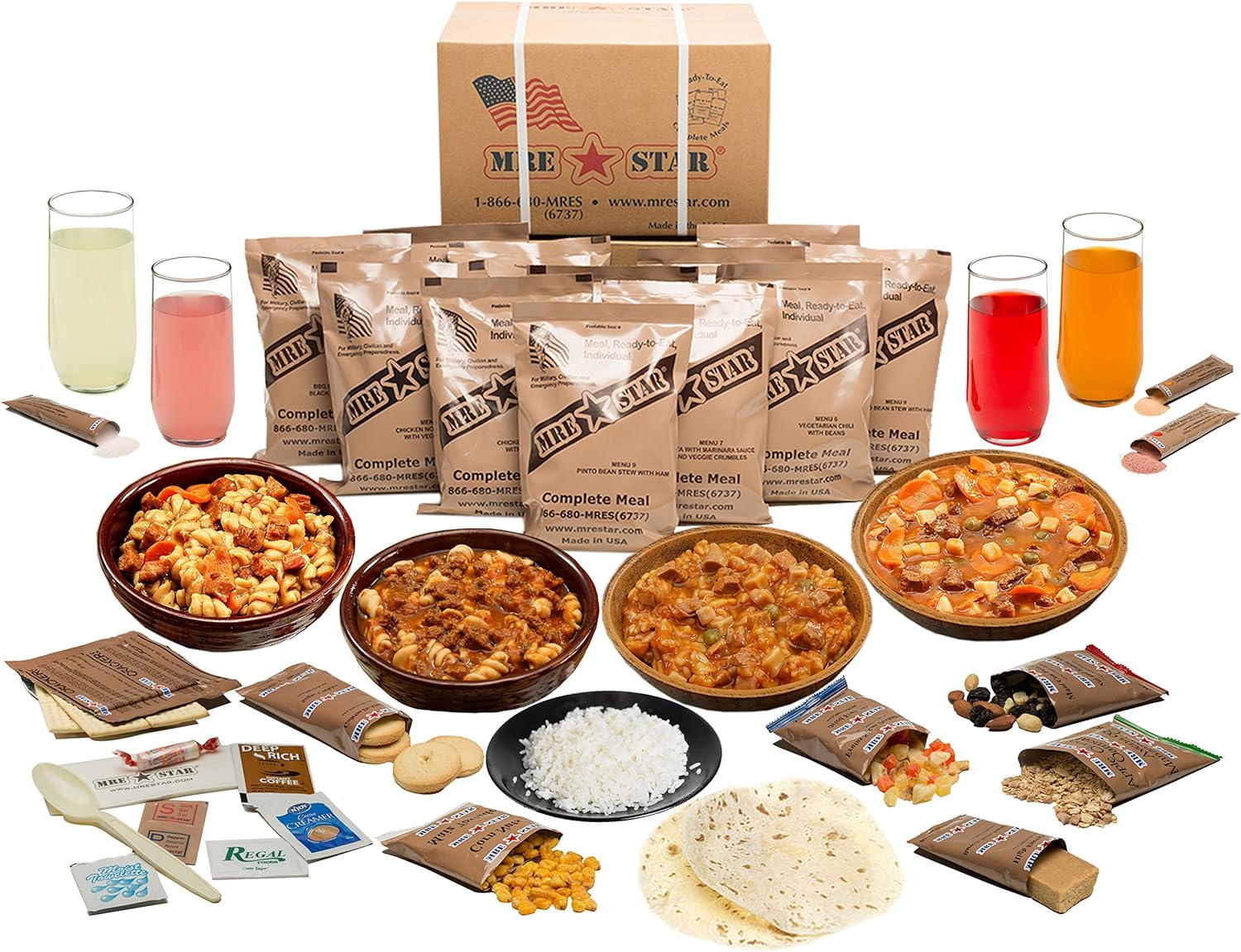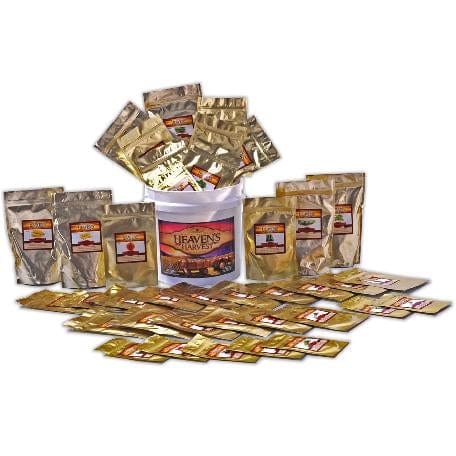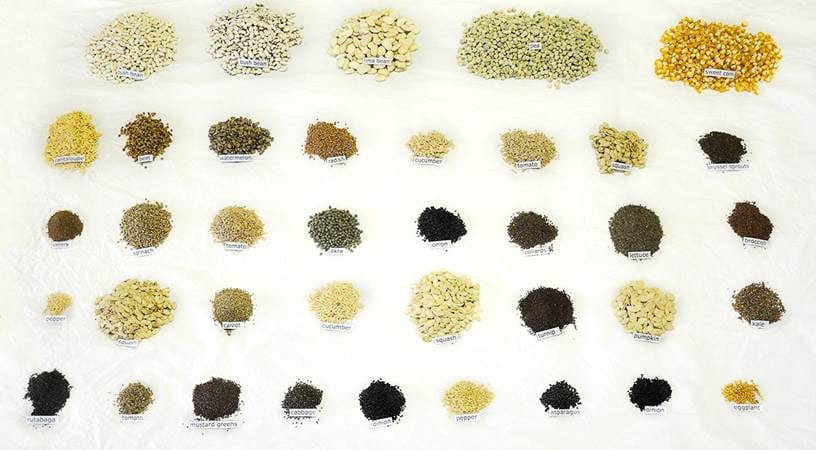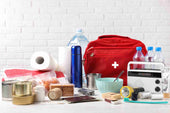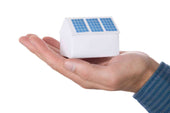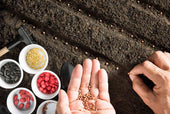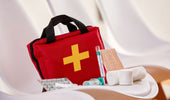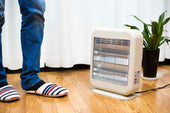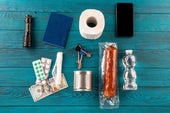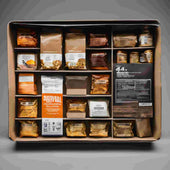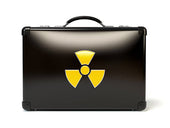To have zero waste, we must never dispose of anything in the landfill or send anything to high destruction temperatures.
Some people expect "zero waste" to mean not producing waste. Others are discouraged from adopting a zero-waste lifestyle because they think it seems nearly impossible.
But consider this: The EPA estimates that Americans produce 4.4 pounds of trash daily, or 1606 pounds per year!
It's time to examine and cut down our trash generation closely. You can start it at home.
Start it off with these 5 R's of zero waste living. Understanding these rules in practice is different from simply reading them.
-
Refuse anything you don't need.
-
Reduce what you do need and reevaluate how much of it you do.
-
Reuse recyclable materials, such as metal straws, or repurpose them to maximize their usefulness.
-
Recycle the one you can't refuse, reduce or reuse
-
Rot (compost) what's left.
Transition to a Zero Waste Lifestyle
How pleasing would it be if every corner of your home were down to "zero waste"? Then and again, the transition should be one step at a time.
Although the path to "zero waste" is never-ending, alternative items or goods will be helpful throughout each step!
Please remember that replacing one of the goods listed with an outdated one is not smart. Use leftover products, then recycle, give away, or sell the rest.
To prevent as much waste out of the landfill as possible is the goal of zero waste!

Your Zero Waster Kitchen
Many people start in the kitchen when adopting a "zero-waste" lifestyle. Here, waste gathers daily and is readily visible—a habit of waste.
Awareness of a harmful habit is the first step toward changing it; breaking it is the next. First, do a waste audit. Look through your storage and compile an inventory of containers you use, such as plastic bags, Ziploc bags, etc.
Start by replacing your old, wasteful habits with a few new, small ones at a time to stop your waste habit. But most significantly:
Glass Containers
Get Rid of Plastic Bags
Using the Entire Product
Create Milk Alternatives
More tips for your "zero waste" kitchen
-
Refrain from using single-serve coffeemakers that use pods.
-
Grow your food. Herbs and salad greens can be grown in containers on a balcony, window ledges, or gardens.
-
Use the freezer to keep food fresh longer. Freeze or preserve extra garden vegetables.
-
To produce vegetable stock, save vegetable peelings.
-
Consume leftovers or distribute them to neighbors and friends.
-
Blend up overripe fruit for smoothies.
-
Stop chewing gum.
-
Do not use nonstick cookware.
-
Use bones to make cooking stocks or broths
-
Composting at home will nourish the soil.
-
Make your recycling and compost bins easier to access than your trash can.
Your Zero Waste Bathroom
Feminine Hygiene
Soap and Shampoo
Plastic-free Razors
Refillable Deodorant
Reusable Makeup Removers
More tips for your "zero waste" bathroom
-
Make use of non-disposable feminine care products
-
Switch up your shaving cream with soap.
-
Refrain from cosmetics containing microbeads.
-
Reduce and simplify. Do you need more than one type of shampoo? Replace your plastic Q-tips with compostable or plastic-free alternatives. Dampened toilet paper can also be used to wipe the surfaces of your ears.
Your Zero Waste Closet
Repair, Don't Toss
Clothing Swaps
Microplastic Bags
Purchase Recycled Materials
More tips for your "zero waste" closet
-
Renting formal or special event attire
-
If you need anything new, consider purchasing used items.
-
Give your old eyeglasses to nonprofit organizations that distribute them to those in need.
-
Reduce the amount of laundry you do and only wash your items when they are filthy.
-
Use wool dryer balls in place of dryer sheets.
Your Zero Waste Home Office
E-signatures
Go Paperless
Use Rechargeable Batteries
Purchase Accessories that are Compatible with Different System
Move to the cloud
More tips for your "zero waste" home office
-
Use a piece of paper on both sides before recycling it.
-
Unless it's a reference book you'll use away from the Internet, get e-books.
-
Purchase refillable writing instruments.
-
Consider storing data on an external disk rather than burning it to a CD so you can edit the documents.
-
Refuse single-use coffee cups and bring your cup or mug instead.
Go Zero Waste Within Yourself

Your Zero Waste Shopping
The "special" waste
FOMO
More tips for your "zero waste" shopping
-
Get a refillable lighter or stick to matches.
-
To support locally grown food with less packaging, buy at your local farmers' markets or farm gate sales.
-
Avoid the frozen food aisle because most packaging cannot be recycled.
-
Avoid purchasing products with single-serving packaging, such as sweets or granola bars.
-
Only buy things in recyclable packaging.
-
Go for loose produce instead of packed produce.
-
Examine product labels and avoid using anything with toxic or harmful substances.
-
Cut back on fast food. If you want to get a burger, bring your containers.
-
Before purchasing, research the goods, companies, and merchandise you plan to buy. Consider the environmental impact, whether there are recycling or take-back programs, repair services, and what other customers say about the product's quality and functionality.
-
Before purchasing, research the products, companies, and items you plan to buy. Are there any return or repair initiatives in place? Is the product recyclable? What do other customers think about its quality?
Your Zero Waste Activities
Bring Your Own
Avoid Using Straws
More tips for your "zero waste" activities
-
Bring a reusable coffee cup to work, school, events, and on the go.
-
You can rent plates and glasses or combine what you already have for large gatherings.
-
Be bold and ask your guests to bring their plates, glasses, and silverware if you're hosting a party and won't be able to supply (or rent) enough. Do a small "who has the cutest cup" competition if you feel terrible asking (even though there is no reason to feel guilty about this).
-
Refrain from filling your plate at buffets; you can always get more if you get hungry again.
-
Instead of using the airline's plastic-wrapped headphones, bring your earplugs or headphones.
-
Carry your cups rather than relying on the disposable ones the airline is giving.
Your Zero Waste Family
Clothing Diapers
Reusable diapers have become a fashion, a trend to follow. Consider a diaper service in your town if washing dirty diapers makes you uneasy.
Toy Swaps
Toys and clothing are undoubtedly already being passed down from one child to the next. That's a terrific starter. But what happens to all those clothes and toys when your family grows to the appropriate size? Giving these things a second life is easy with clothing and toy swaps, kid-friendly secondhand shops, and garage sales.
More tips for your "zero waste" family
-
Label children's clothing, school supplies, and other items that could end up in the lost-and-found at the school.
-
Have a swap meet or party where you may trade toys, books, and clothing for kids.
-
Create or use a toy library where children can borrow toys and games.
-
Children can buy and sell items at garage sales and thrift shops.
-
Use leftovers for projects like toilet paper rolls to teach your kids about reuse.
-
Involve kids in learning about waste reduction and recycling in an enjoyable way.
Your Road to Zero Waste Lifestyle

Zero waste is not a passing trend. It's an outlook, a way of life, and our future.
Our planet cannot sustain the take-use-discard mentality we inherited from earlier generations indefinitely. It is every one of our responsibilities to transition to a circular economy to secure the future for future generations.
If we give it a top priority, it is achievable. So, let's make it a priority.
We appreciate your support as the zero waste movement has begun because we can affect that change together!

